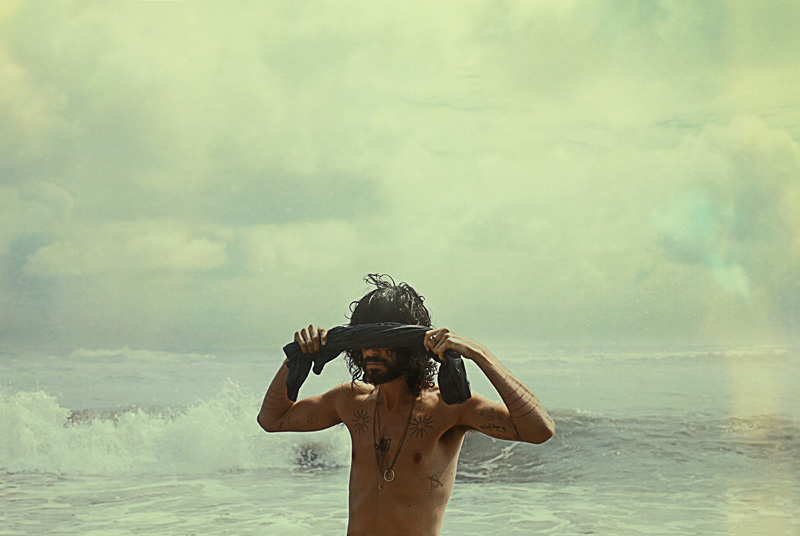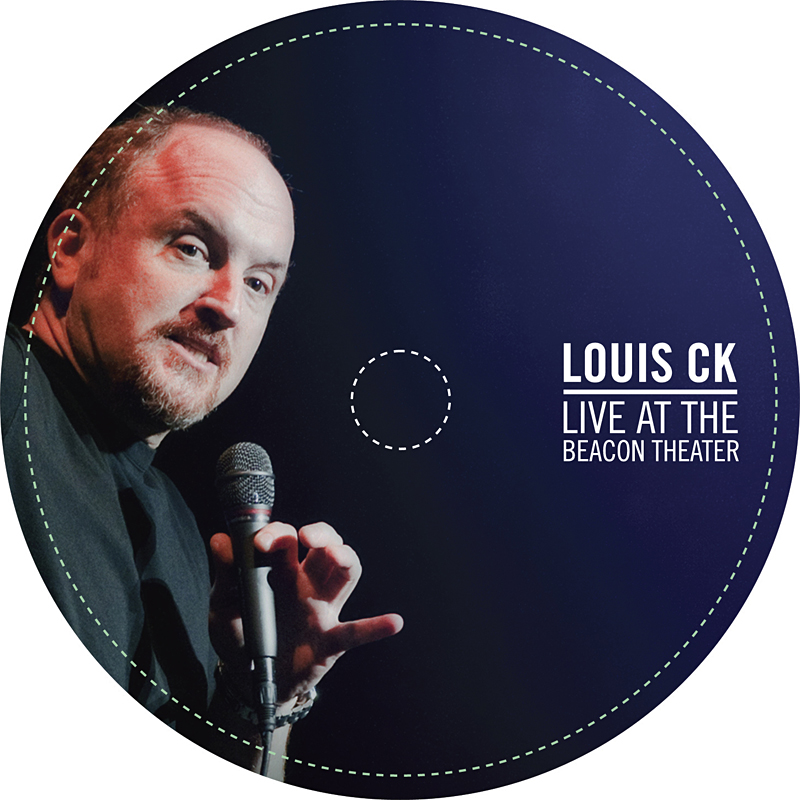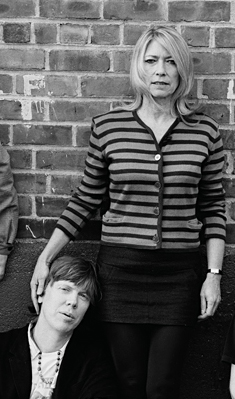Corporate sellout, freak-folk icon, neo-hippie dilettante: These are but three of the tags Devendra Banhart has had stamped on his forehead lately—right next to that perpetual bindi. On “Maria Lionza,” a track on his new record, What Will We Be, he debunks one label and reinforces the other two.
“Maria Lionza” begins as ripples of clarinet and plucked guitar. Banhart sings of a melancholy man attempting to evoke a vision of the real-life Venezuelan goddess of nature, love, and harmony. But, as if the man in the song has achieved his vision, the music shifts into a spiritual instrumental a la Alice Coltrane. The song would have been great already had he ended it there. And had he “sold out,” and finally started writing fully formed songs, maybe he would have. But he didn’t. Instead, Banhart and his band jump into a sprightly bit of pop, singing “Who do you love?”
“I mean, who gives a shit, right?” says Banhart of the song’s bubblegum outro in a recent phone call. “But I am constantly amazed at how quickly my mind can change. I can have this thought, this amazing moment where I’m thinking ‘OK, this is it, everything is gonna be different now and my life is gonna change.’ And it’s this really mind-blowing thing, and then…oh, bubblegum pop!”
Because moments like this pepper his albums, many have accused Banhart of having a short attention span. And sure, if he were enrolled in public school today, they would likely prescribe little blue pills to help him with such matters. But if you spend a serious amount of time with his albums, it becomes obvious that it’s less a matter of ADD and more a matter of his mind being so full of ideas that they compete for space inside his head and thus for space on his albums.
Branded as our era’s offbeat hippie king, in conversation Banhart comes off more like a benevolent Beat philosopher, his stream-of-consciousness tangents a cross between Neal Cassady and Alan Watts. This is why his albums can seem so spiritual and lovely, yet so crammed with musical and lyrical ideas that they can seem scattershot and half-baked, as if he only writes half-songs and barely-albums.
He is well aware of this perception.
“I had one label tell me they would love to sign me…on one condition,” he says. “That I allow them to hire a team of songwriters to help me finish my songs.”
Even without the help, Banhart’s hazy blend of California psychedelia, Brazilian tropicalia, British folk, stoner rock, and the hobbit-trip of early Tyrannosaurus Rex sounds a little more, well, blended on What Will We Be than on his six earlier albums (in under a decade). At times lightly funky and at others pleasantly sleepy, Banhart evokes a world where musical styles mingle in a utopian monastery of sorts.
As with all his albums since 2005’s Cripple Crow, the sounds on What Will We Be reek of earthiness and marijuana, with just a touch of city grit. The latter is most evident on the glam-funk of “16th & Valencia, Roxy Music,” a homage to San Francisco’s seedy intersection and the music on Banhart’s headphones. And a run of love songs late in the album—”Maria Lionza,” the Spanish rapture of “Brindo,” and the Haight-Ashbury distillation of “Meet Me at Lookout Point”— succinctly demonstrate the essence of Banhart in his role atop the list of this generation’s offbeat hippies. Though these songs sound cohesive, something about them does seem unresolved, as if they hadn’t reached their full potential. But maybe that’s our problem, not Banhart’s. Perhaps we are too reliant on extremes in the art we consume that we feel shortchanged by an album of songs focused on life’s simpler pleasures whose music reflects that simplicity.
To Banhart, his songs are finished, and he doesn’t apologize if they don’t sound that way to the rest of us. As a comparison, he offers his favorite Neil Young song, “Till the Morning Comes”—just three lines, one repeated again and again, for just over a minute.
“That’s a perfect song,” he says. “He didn’t need to fill it up with bullshit just because somebody else thought it wasn’t done. He said all that needed to be said with those lines—’I’m gonna give you till the morning comes, I’m only waiting till the morning comes.’ I certainly wouldn’t tell a Japanese haiku poet that I thought his work needed a few more lines.”








